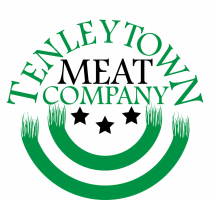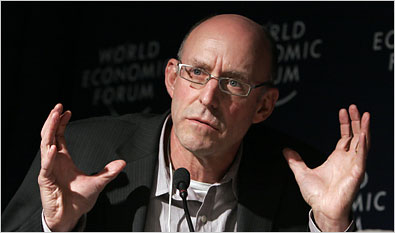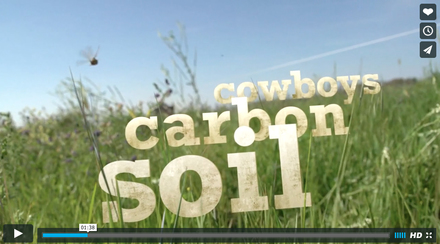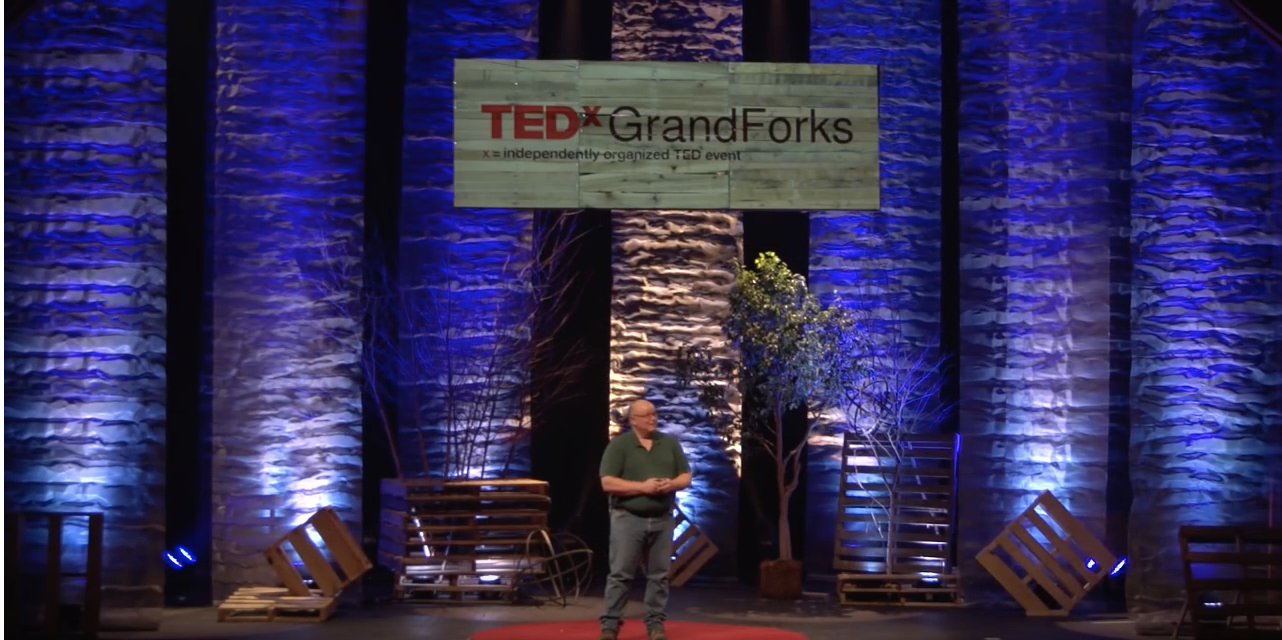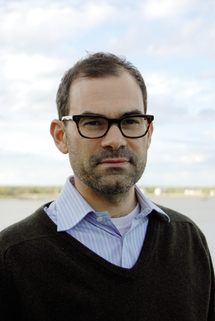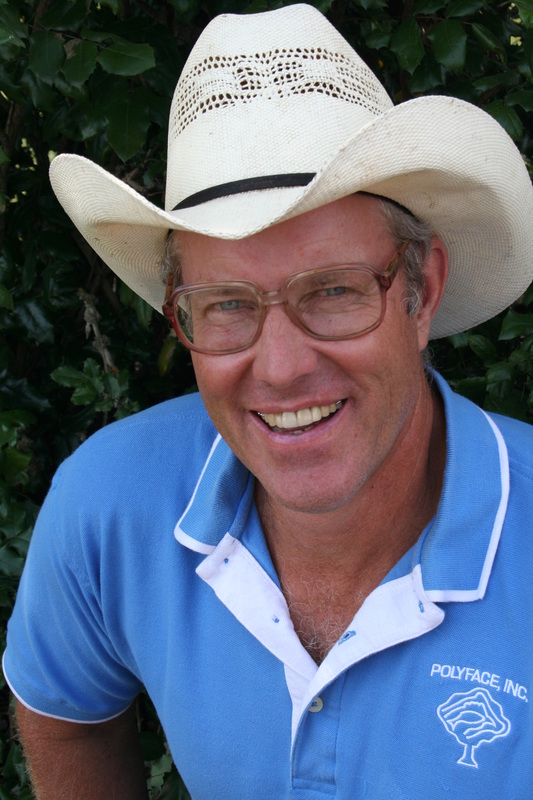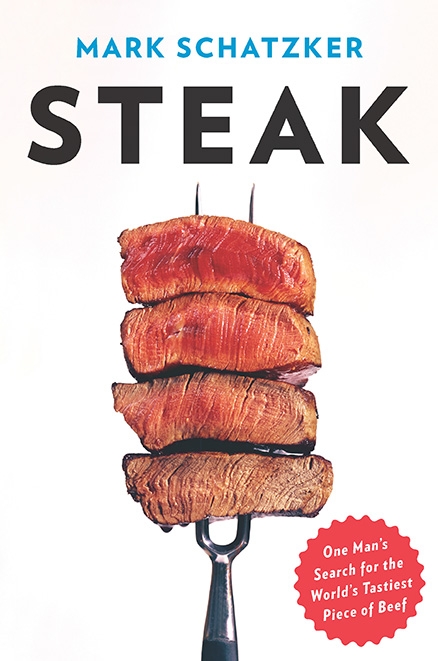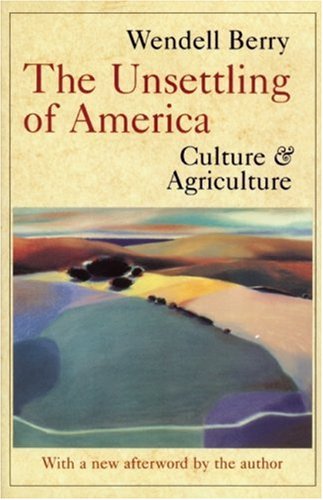The Library
|
Power Steer
Michael Pollan - March 31, 2002 "Garden City, Kan., missed out on the suburban building boom of the postwar years. What it got instead were sprawling subdivisions of cattle. These feedlots -- the nation's first -- began rising on the high plains of western Kansas in the 50's, and by now developments catering to cows..." |
Soil Carbon Cowboys
Peter Byck - 2014 Meet Allen Williams, Gabe Brown and Neil Dennis - heroes and innovators! These ranchers now know how to regenerate their soils while making their animals healthier and their operations more profitable. They are turning ON their soils, enabling rainwater to sink into the earth rather than run off. And these turned ON soils retain that water, so the ranches are much more resilient in drought. It's an amazing story that has just begun. |
Regeneration of Our Lands: A Producer's Perspective
Gabe Brown - March 29, 2016
"The United States is in crisis. The health of our soil resource has declined to such a point that it is not only negatively affecting farm and ranch profitability, but it is also having a devastating impact on everything from our water quality to our communities and even to our health. North Dakota rancher Gabe Brown walks us through a common sense solution to this crisis. Gabe Brown is one of the pioneers of the current soil health movement that focuses on regenerating our resources. Gabe, along with his wife, Shelly, and son, Paul, own and operate a diversified 5,000-acre farm and ranch near Bismarck, ND. Their operation focuses on farming and ranching in nature’s image. The Browns holistically integrate their grazing and no-till cropping systems, which include a wide variety of cash crops, multi-species cover crops along with all natural grass finished beef and lamb. They also raise pastured laying hens, broilers and swine. This diversity and integration has regenerated the natural resources on the ranch without the use of synthetic fertilizers, pesticides and fungicides. The Browns are part owners of a state inspected abattoir which allows them to direct market their products. They believe that healthy soil leads to clean air, clean water, healthy plants, animals, and people."
Gabe Brown - March 29, 2016
"The United States is in crisis. The health of our soil resource has declined to such a point that it is not only negatively affecting farm and ranch profitability, but it is also having a devastating impact on everything from our water quality to our communities and even to our health. North Dakota rancher Gabe Brown walks us through a common sense solution to this crisis. Gabe Brown is one of the pioneers of the current soil health movement that focuses on regenerating our resources. Gabe, along with his wife, Shelly, and son, Paul, own and operate a diversified 5,000-acre farm and ranch near Bismarck, ND. Their operation focuses on farming and ranching in nature’s image. The Browns holistically integrate their grazing and no-till cropping systems, which include a wide variety of cash crops, multi-species cover crops along with all natural grass finished beef and lamb. They also raise pastured laying hens, broilers and swine. This diversity and integration has regenerated the natural resources on the ranch without the use of synthetic fertilizers, pesticides and fungicides. The Browns are part owners of a state inspected abattoir which allows them to direct market their products. They believe that healthy soil leads to clean air, clean water, healthy plants, animals, and people."
|
The Myth of Sustainable Meat
James E. McWilliams - April 12, 2012 "The industrial production of animal products is nasty business. From mad cow, E. coli and salmonella to soil erosion, manure runoff and pink slime, factory farming is the epitome of a broken food system. There have been various responses to these horrors, including some recent attempts to improve the industrial system, like the..." |
Response to "The Myth of Sustainable Meat"
Joel Salatin - April 15, 2012 "The recent editorial by James McWilliams, titled "The Myth of Sustainable Meat,” contains enough factual errors and skewed assumptions to fill a book, and normally I would dismiss this out of hand as too much nonsense to merit a response. But since it specifically mentioned..." |
|
Steak
Mark Schatzker - April 2010 "'Of all the meats, only one merits its own structure. There is no such place as a lamb house or a pork house, but even a small town can have a steak house.' So begins Mark Schatzker's ultimate carnivorous quest. Fed up with one too many mediocre steaks, the intrepid journalist set out to track down, define, and eat the perfect specimen. His journey takes him to all the legendary sites of steak excellence-Texas, France..." |
The Unsettling of America
Wendell Berry - 1977 Since its publication by Sierra Club Books in 1977, The Unsettling of America has been recognized as a classic of American letters. In it, Wendell Berry argues that good farming is a cultural development and spiritual discipline. Today’s agribusiness, however, takes farming out of its cultural context and away from families. As a result, we as a nation are more estranged from the land—from the intimate knowledge, love, and care of it. Sadly, as Berry notes in his Afterword to this third edition, his arguments and observations are more relevant than ever. We continue to suffer loss of community, the devaluation of human work, and the destruction of nature under an economic system dedicated to the mechanistic pursuit of products and profits. Although “this book has not had the happy fate of being proved wrong,” Berry writes, there are good people working “to make something comely and enduring of our life on this earth.” Wendell Berry is one of those people, writing and working, as ever, with passion, eloquence, and conviction. |
|
This is what humane slaughter looks like. Is it good enough?
Mac McClelland - April 2013 A $5.25 all-beef hot dog at the Stang’s Hot Dogs and Sausages stand in the Corte Madera mall in Marin County, California, is labeled with enough buzzwords to satisfy the most discerning of foodies. “Contains no nitrates.” “Organic grass fed.” “Certified humane raised.” Its producer, Prather Ranch Meat Company, claims to be the most sustainably raised meat available, and Prather’s hot dog is the most popular item on Stang’s menu. “People pay extra for it,” says owner Jon Stanger. “The name Prather Ranch holds a lot of weight around here.” |
|
Not All Industrial Meat is Evil
Mark Bittman - August 2013 I’VE long wondered how producing a decent ingredient, one that you can buy in any supermarket, really happens. Take canned tomatoes, of which I probably use 100 pounds a year. It costs $2 to $3 a pound to buy hard, tasteless, “fresh” plum tomatoes, but only half that for almost two pounds of canned tomatoes that taste much better. How is that possible? |
|
How To Feed The World
Mark Bittman - October 2014 It’s been 50 years since President John F. Kennedy spoke of ending world hunger, yet on the eve of World Food Day, Oct. 16, the situation remains dire. The question “How will we feed the world?” implies that we have no choice but to intensify industrial agriculture, with more high-tech seeds, chemicals and collateral damage. Yet there are other, better options. |
|
Deep Agriculture
Michael Pollan - May 2009 Farming has become an occupation and cultural force of the past. Michael Pollan’s talk promoted the premise - and hope - that farming can become an occupation and force of the future. In the past century American farmers were given the assignment to produce lots of calories cheaply, and they did. They became the most productive humans on earth. A single farmer in Iowa could feed 150 of his neighbors. That is a true modern miracle. “American farmers are incredibly inventive, innovative, and accomplished. They can do whatever we ask them, we just need to give them a new set of requirements.” |
